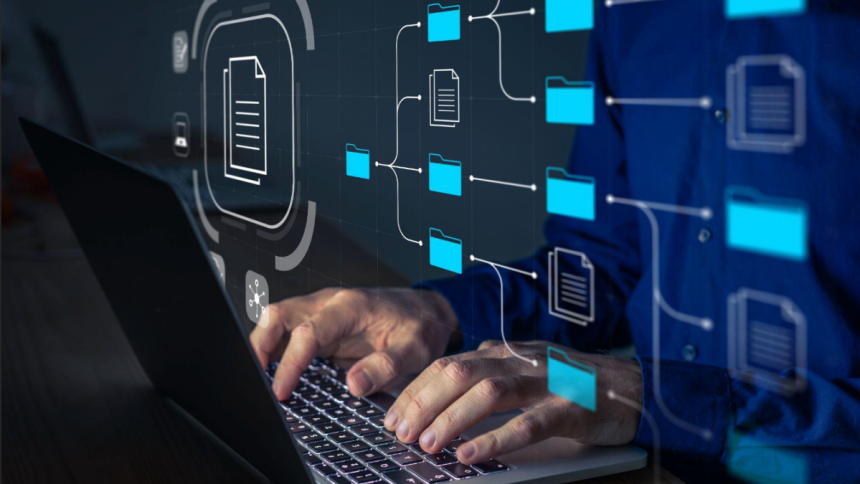When you’re storing data of any kind you need to take measures to ensure that it remains private, especially if employees have sensitive information. While a lot of the responsibility for data privacy falls on the employee, it’s also up to the employer to ensure that employees understand how to keep their information private.
For a company to have cohesion with data privacy, employees, employers, human resources, and other parts of the business need to operate with data privacy best practices.
While this can be complicated at first, we’re here to help. Read on to learn about data privacy tips for employees.
Data Privacy Tips for Employees
It’s not easy to keep your information secure, even with responsible employees, and following cyber security best practices. The good news is that we have a few tips that you can start implementing today to keep your data more secure.
These tips are meant for employers and employees to follow and everyone needs to work together to prevent data leaks.
1. Training
The most important aspect of data privacy is training. Employees need to be trained on how to manage their data and keep their devices secure, especially if company software is installed on their devices. It’s necessary to teach about phishing scams and other ways that people take information from them.
For this reason, we also recommend training employees to verify someone’s identity with a people search tool like this one to ensure that they’re speaking with the right person and not someone malicious. You can leverage training courses, speak to your employees, or have them enter online training programs to help you give them the training they need on data privacy.
2. Access Control
Another way you can prevent employees from disclosing important information is with access control. Access control allows you to determine who can and can’t access sensitive company information.
To keep your data safe you can determine what employees can access specific documents or information using software or by providing them with specific devices.
You can also control how that information is shared by having them sign a non-disclosure agreement (NDA). This will prevent them from sharing that information with anyone inside or outside the company that doesn’t have access.
3. Data Encryption
Encrypted data is important to keep your information safe. It’s a way to ensure that people can’t hack into your data when information is shared between employees.
There are plenty of encryption options available and you can also make sure your WiFi information is encrypted as well. You can choose from many types of encryption and you can even add layers to your security with multiple encryption options.
4. Update Your Software
Software is essential for most businesses. Whether it’s handling your payroll or managing your banking information, software plays a role in most companies.
While most software is built well, that doesn’t mean it’s always secure. In fact, many hackers can exploit holes in software that’s not updated; this is one of the many reasons that software providers make constant updates to begin with.
Therefore, to avoid data leaks it’s important to keep your software up to date. Even if it will shut a few systems down for several hours, it’s worth it for the additional security benefits that you’ll receive.
5. Antivirus and Anti-Malware Software
Computer viruses and malware have been around for a long time. If a virus or malware finds itself on your device you can end up with a breach in your security.
Viruses and malware can generate files, steal your information, or shut your company down. If you want to keep your data secure it’s important to have some type of antivirus and anti-malware software installed on your device.
Along with your other software, you also have to make sure it’s updated regularly to avoid hackers who may exploit holes in outdated technology. Plus, as malware evolves software has to evolve to keep up with it, so make sure you check for regular updates.
Secure Your Data With Our Employee Data Privacy Tips
Securing your employee data is essential, especially in the workplace. The last thing you want is your data to be stolen or used against you, so it’s important to leverage our employee data privacy tips to prevent any unwanted eyes from seeing your internal documents, files, or transactions.
Lynn Martelli is an editor at Readability. She received her MFA in Creative Writing from Antioch University and has worked as an editor for over 10 years. Lynn has edited a wide variety of books, including fiction, non-fiction, memoirs, and more. In her free time, Lynn enjoys reading, writing, and spending time with her family and friends.















